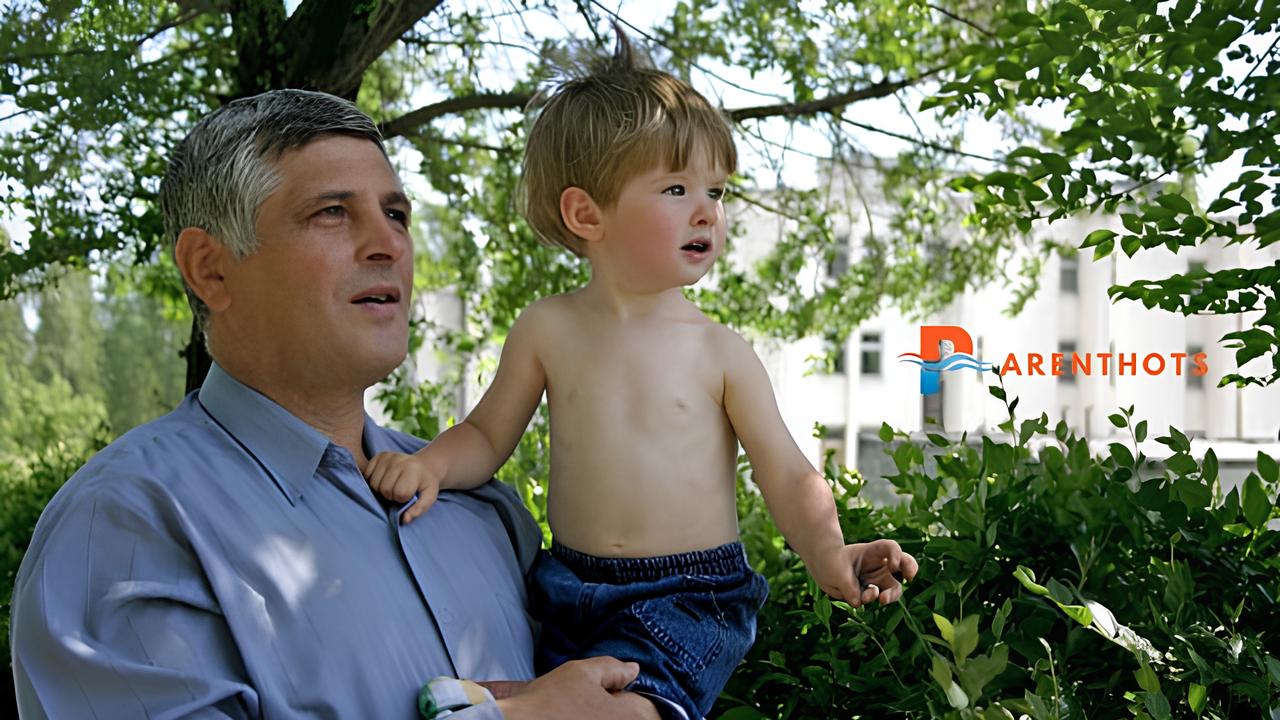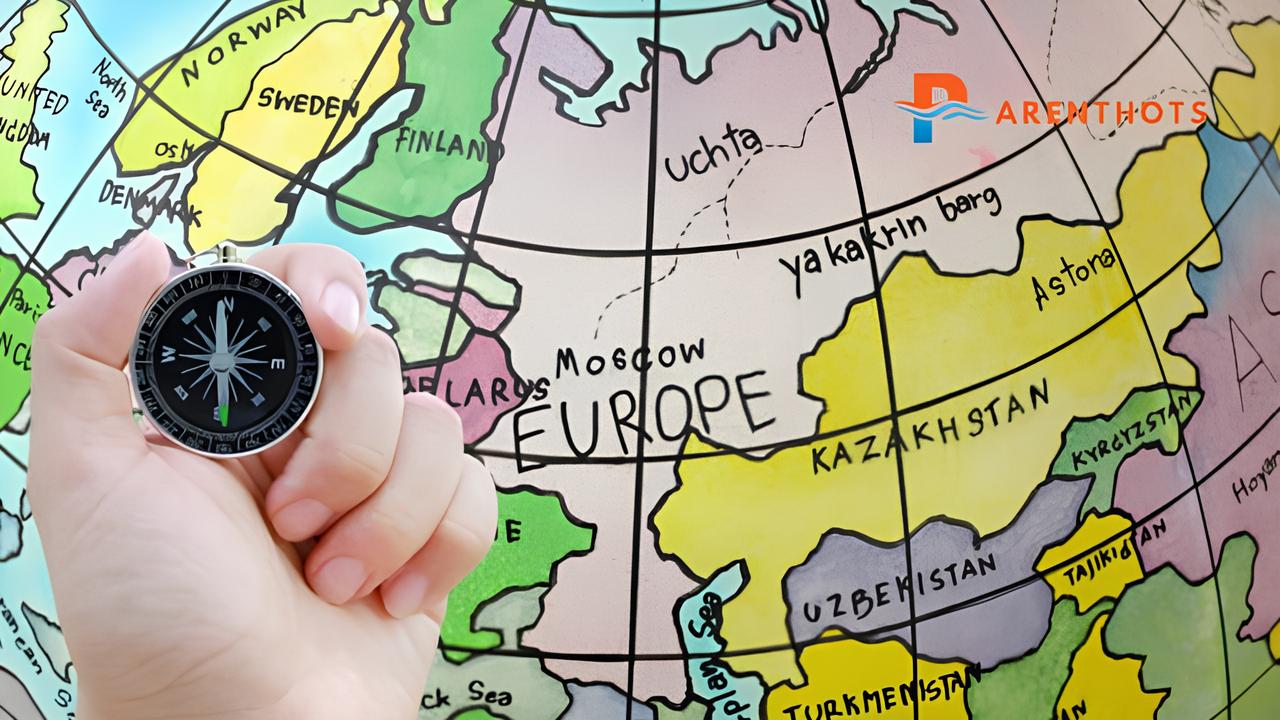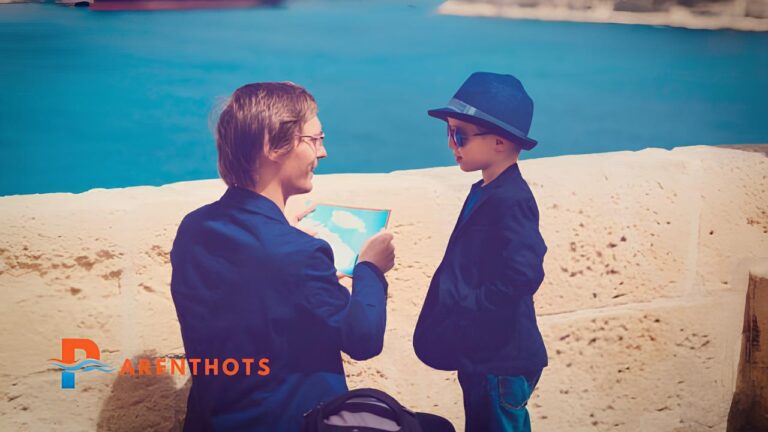Are you a diplomat parent who is navigating the complexities of diplomatic duties and parenting responsibilities? Balancing these two essential roles can be challenging, but it is also incredibly rewarding. In this blog post, we will explore the unique experiences and challenges faced by diplomat parents, and offer practical advice on how to navigate this demanding lifestyle while raising multicultural and global children.
We will delve into the role of a diplomat parent, discussing the responsibilities and obligations that come with representing your country abroad. We will also explore how to strike a balance between your diplomatic duties and your responsibilities as a parent, and offer tips on managing separation and transition challenges that often come with this lifestyle.
Additionally, we will discuss the unique opportunities that come with raising global and multicultural children, and provide insight into navigating education and socialization in different countries. Whether you are a seasoned diplomat parent or new to this lifestyle, this guide will provide valuable tips and support to help you thrive in your dual roles.
Understanding the Role of a Diplomat Parent
Being a diplomat parent comes with its own set of challenges and responsibilities. Apart from representing their country in a foreign land, diplomat parents also have to ensure the well-being and upbringing of their children in a multicultural and ever-changing environment.
This often means that diplomat parents have to juggle between their diplomatic duties and their parenting responsibilities. It requires a delicate balance to excel in both areas, as they are equally important.
Raising children in a foreign country exposes them to different cultures, languages, and traditions. These multicultural and global children are often more adaptable, open-minded, and tolerant towards diversity. However, it also presents challenges in terms of education and socialization in unfamiliar settings.
Furthermore, diplomat parents also have to navigate through separation and transition challenges when relocating to a new country. Helping their children adjust to a new environment, make new friends, and cope with the changes can be emotionally draining and demanding.
Balancing Diplomatic Duties and Parenting Responsibilities

As a diplomat parent, the balance between diplomatic duties and parenting responsibilities can often be a challenging and delicate act. The demands of diplomatic duties such as international travel, long working hours, and unpredictable schedules can sometimes conflict with the needs of raising a family.
It’s important for diplomat parents to strike a balance between their career obligations and their role as a parent. This can involve effective time management, open communication with family members, and seeking support from other diplomatic families who understand the unique challenges of this lifestyle.
Parenting responsibilities are not put on hold during diplomatic assignments, so finding ways to stay engaged and connected with their children despite being physically or culturally distant is crucial. This may include making the most of technology to maintain communication, involving children in learning about different cultures, and seeking out educational opportunities that align with the diplomatic lifestyle.
Ultimately, balancing diplomatic duties and parenting responsibilities requires a conscious effort to prioritize family alongside career demands. While it may not always be easy, finding ways to maintain a sense of stability and normalcy for their children despite the challenges of the diplomatic lifestyle can lead to a fulfilling and harmonious family life.
Raising Multicultural and Global Children
Raising multicultural and global children is an enriching and challenging experience for parents. In today’s interconnected world, parents are raising children who are exposed to different cultures, languages, and traditions from an early age. As a result, it is important for parents to create an environment that fosters an appreciation for diversity and a sense of belonging to the global community.
One of the key aspects of raising multicultural and global children is the emphasis on exposing them to different cultures and traditions. This can be done through travel, language classes, cultural events, and interactions with people from different backgrounds. By encouraging a curiosity and respect for other cultures, parents can instill a sense of open-mindedness and empathy in their children.
Furthermore, parents also need to navigate the challenges of balancing the different cultural influences in their children’s lives. This may involve addressing conflicts or misunderstandings that arise from cultural differences, and teaching children to appreciate and embrace diversity. By promoting open communication and a willingness to learn from each other, parents can help their children develop into global citizens who are respectful and empathetic towards others.
In addition, parents raising multicultural and global children need to provide them with a solid foundation that celebrates their own cultural heritage. This can involve teaching them about their family history, traditions, and values, and instilling a strong sense of pride in their roots. By doing so, parents can help their children develop a strong sense of identity and confidence, which will enable them to navigate the complexities of a multicultural world with grace and resilience.
Navigating Education and Socialization in Different Countries

When it comes to raising children in a multicultural and global environment, one of the most challenging aspects for diplomat parents is navigating education and socialization in different countries. The experience of moving between countries and cultures can be both enriching and daunting for children, especially when it comes to their education and social interactions.
It’s essential for diplomat parents to familiarize themselves with the educational systems and social norms of the countries they are posted in. Understanding the curricula, teaching styles, and extracurricular activities can help parents make informed decisions about their children’s education and socialization.
Adapting to different educational systems can be a complex process for children, as they may need to adjust to new languages, teaching methods, and academic expectations. Diplomat parents play a crucial role in supporting their children through this transition, providing them with the necessary resources and emotional encouragement to succeed in their new academic environment.
Furthermore, socialization in different countries can present unique challenges for children. They may need to navigate cultural differences, language barriers, and varying social dynamics. Diplomat parents must foster an open-minded and adaptable attitude in their children, enabling them to interact with diverse peer groups and embrace new cultural experiences.
Dealing with Separation and Transition Challenges
When it comes to being a diplomat parent, one of the most challenging aspects is dealing with separation and transition. With the nature of diplomatic work often involving frequent relocations and long periods of time spent away from home, parents in diplomatic roles must navigate the unique challenges that come with separation from their children. This can be especially difficult when it comes to transitions, as children may struggle with adapting to new environments, cultures, and social circles.
One of the key ways to approach these challenges is to provide consistent support and communication for children during periods of separation. This can involve maintaining frequent contact through video calls, letters, and care packages to help children feel connected and supported even when physically apart from their parents. Additionally, providing children with resources and opportunities to learn about and engage with their new environment can help them adjust to transitions more smoothly.
Another important aspect of dealing with separation and transition challenges is the need for parents to prioritize their children’s emotional well-being and provide spaces for open communication. This can involve creating opportunities for children to express their feelings and concerns about separation and transition, as well as seeking support from other diplomatic families who may have experienced similar challenges. By acknowledging and addressing the emotional impact of separation and transition, parents can help their children navigate these challenges with resilience and confidence.
In conclusion, dealing with separation and transition challenges as a diplomat parent requires proactive communication, consistent support, and prioritizing children’s emotional well-being. By approaching these challenges with empathy and understanding, parents can help their children navigate the complexities of diplomatic life with resilience and adaptability.
Frequently Asked Questions
What are the challenges of being a diplomat parent?
The challenges of being a diplomat parent include frequent relocation, cultural adjustment for the family, and balancing parental responsibilities with diplomatic duties.
How can a diplomat parent balance their diplomatic duties and parenting responsibilities?
Diplomat parents can balance their duties by prioritizing their family’s well-being, making use of technology to stay connected with their children, and involving their children in the diplomatic lifestyle.
What are the benefits of raising multicultural and global children as a diplomat parent?
Raising multicultural and global children as a diplomat parent can provide them with valuable life experiences, language skills, and a broad perspective on the world.
How can a diplomat parent navigate education and socialization in different countries?
Diplomat parents can navigate education and socialization by researching the education system of the host country, enrolling their children in international schools, and encouraging them to participate in local cultural activities.
How can a diplomat parent deal with separation and transition challenges?
Diplomat parents can deal with separation and transition challenges by maintaining open communication with their children, seeking support from other diplomat families, and creating routines to ease the transitions.
